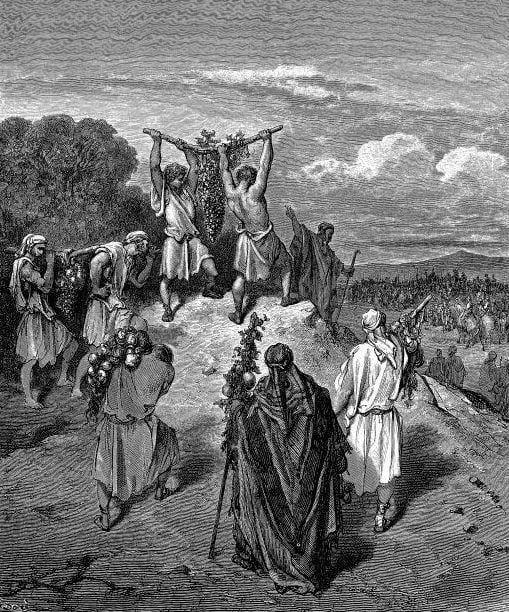The Rise of the Parthians
Revolt and Formation of the Parthian State
In 255 B.C., Diodotus, the satrap of Bactria, rebelled against Seleucid rule, establishing an Indo-Greek kingdom in Afghanistan....
Jewish Sects and Antiochus’s Oppression
Emergence of Jewish Sects
At this juncture, the Jewish community divides into two major sects of the New Testament era: the Pharisees, representing the fundamentalist...
Roman Intervention and Antiochus IV’s Reign
Antiochus’s Ambitions Unravel
Antiochus, having aligned with Philip solely for Egypt, sought to revive old Seleucid claims in Ionia and Thrace. To appease Rhodes, he...
Greek word as do-goodism
The old model was fading. In the later empire, more and more of the euergetism (one might render that Greek word as do-goodism) came...
Theoderic more enlightened
We, of course, would like to see Theoderic more enlightened still. Then by a familiar rhetorical ploy he could be the idealized barbarian with...
To all Jews who live in Genoa
Those Jews of Genoa had addressed their ruler, as they would have done a century or two earlier no less frankly, to ask for...
The Priest`s Tale part 8
I josep time in going up to his room, and fortunately found him in one of his intervals of quiet. He was sitting on...
The Priest`s Tale part 7
These causes of themselves often produce tetanus, and hydrophobia and tetanus have many points of resemblance. This is what the doctors tell us. But...
The Priest`s Tale part 6
“With great difficulty I managed to persuade Christos and the men or rather women—who surrounded him, and it was at last decided to take...
The Priest`s Tale part 5
Would you believe that in all the villages of this district there is not a single doctor, or even a pharmacy! I do not...













